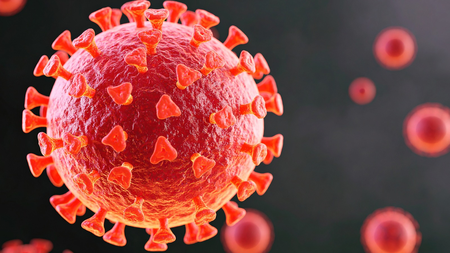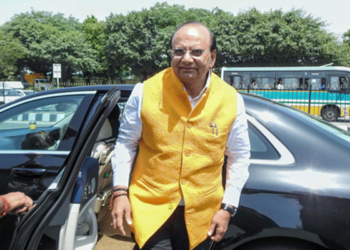New Delhi, May 29 (IANS). The cases of Kovid-19 are increasing again. Meanwhile, a new study has shown that about 15 percent of children suffer from long covids. Their symptoms may vary according to age.
Long covids in children can be defined as prolonged symptoms that last for at least three months after the SARS-Kov-2 infection.
The study published in Research Patrika Jama Pediatrics includes 472 infants and 539 prescript-class children enrolled from March 2022 to July 2024. It was found that about 15 percent of children had long covids.
About 40 (14 percent) out of 278 children aged two years and below were symptoms, while 61 (15 percent) out of 399 children between the ages of three to five were symptoms.
In addition, the study has shown that infants and children show different long-covid symptoms compared to presullers between the ages of three to five years.
Infants and children (under two years of age) are more likely to sleep, irritability, loss of appetite, nose closure and cough.
At the age of three to five years, dry cough and fatigue/low energy in the day are more likely. Overall, 74 percent of the potential long covid presolet reported dry cough.
These symptoms are usually very different from the symptoms seen in older children and adolescents, which are long covid. The study found that school going children are more likely to have neurological symptoms, such as troubles in focusing, trouble or dizziness in sleeping. They may also have back or neck pain, headache, abdominal pain or vomiting. Sometimes, their behavior changes.
Tanyot (Tony) Thawethi, Associate Director of Bioostatistics Research and Engagement at Massachusetts General Hospital (MGH), said, “This study is important because it shows that long children have long -term symptoms of covids are different from older children and adults.”
Furthermore, the team noted that many symptoms can be explained by the fact that symptoms in young children are told on the basis of what the carers can see, not what children themselves are feeling and describing.
Thawethi said, “Children with these symptoms often have poor health, low quality of life and delay in growth.”
He called upon young children to do more research on the influence of Kovid.
-IANS
MT/Ekde










